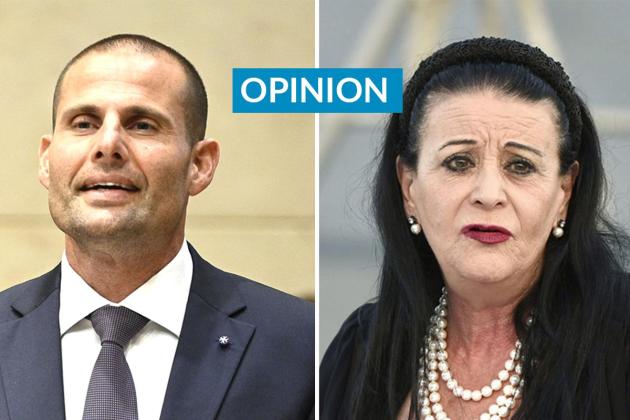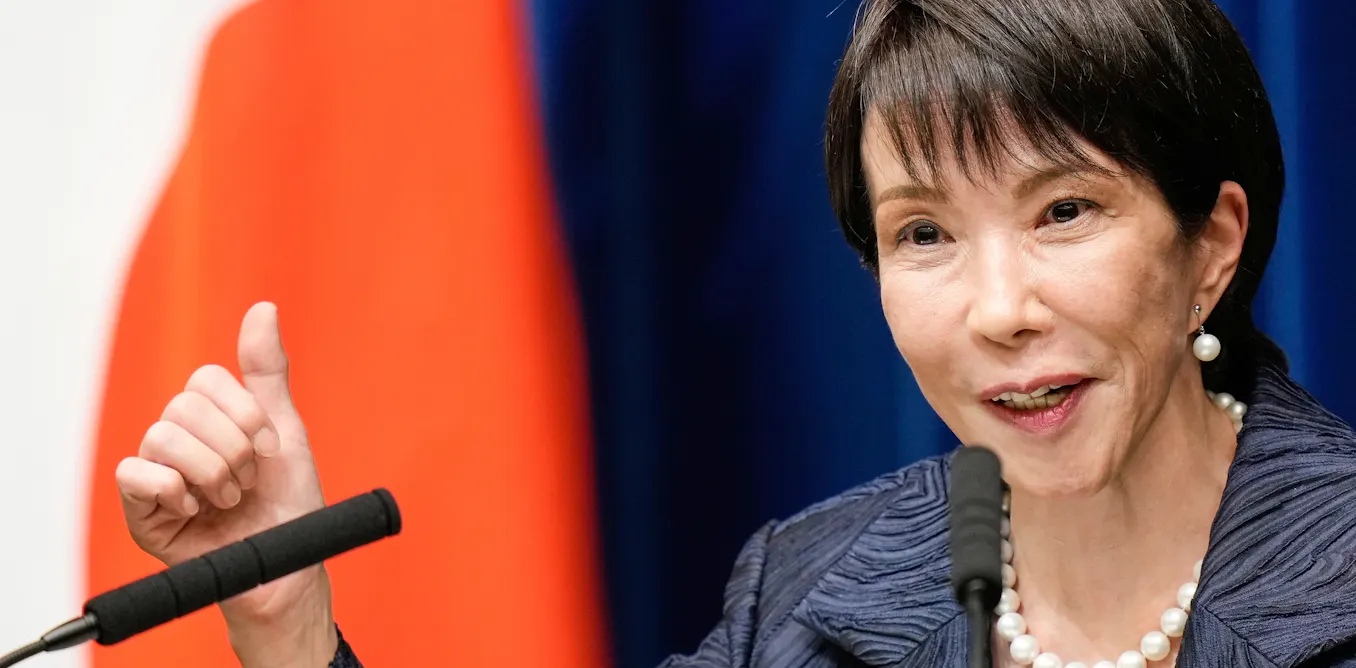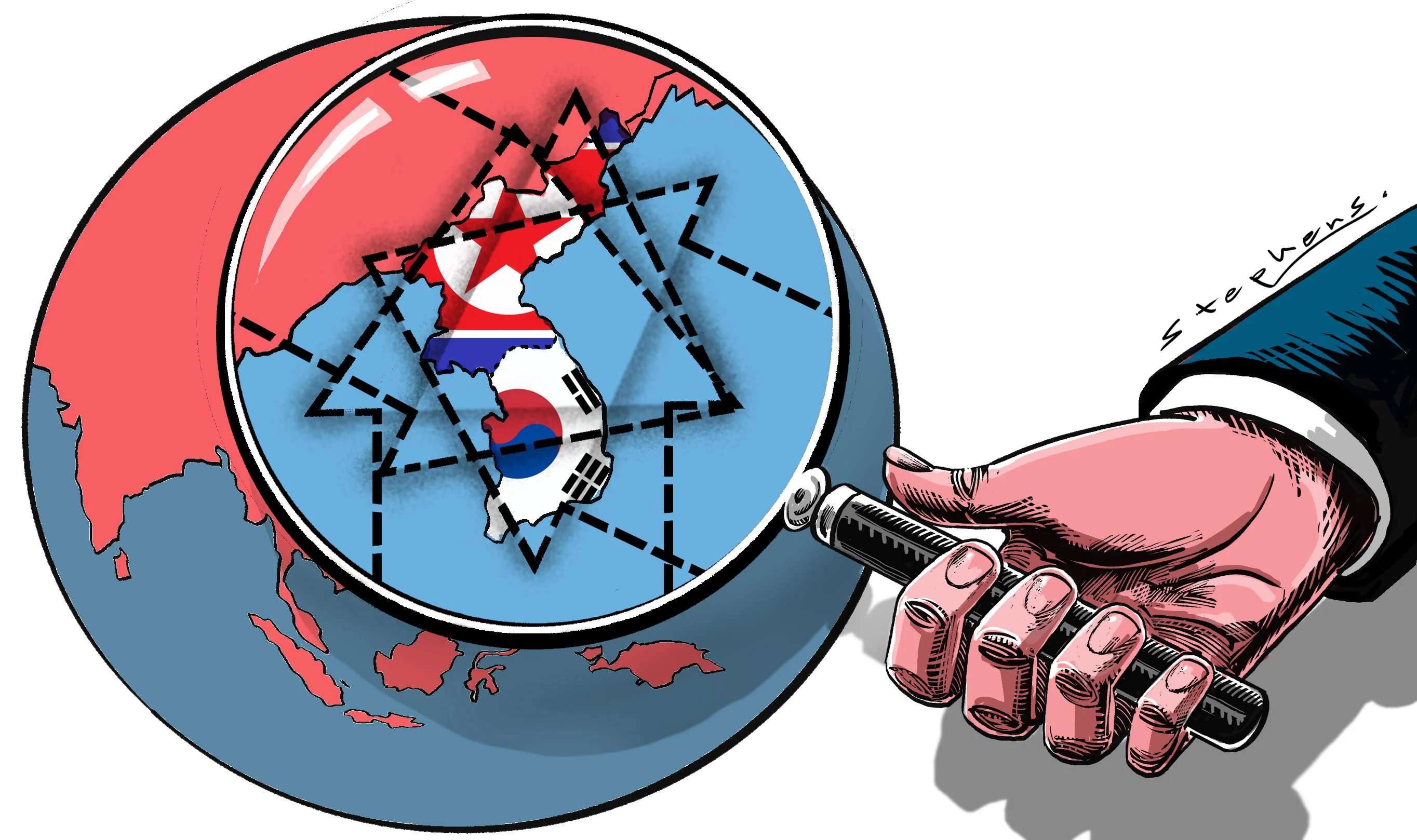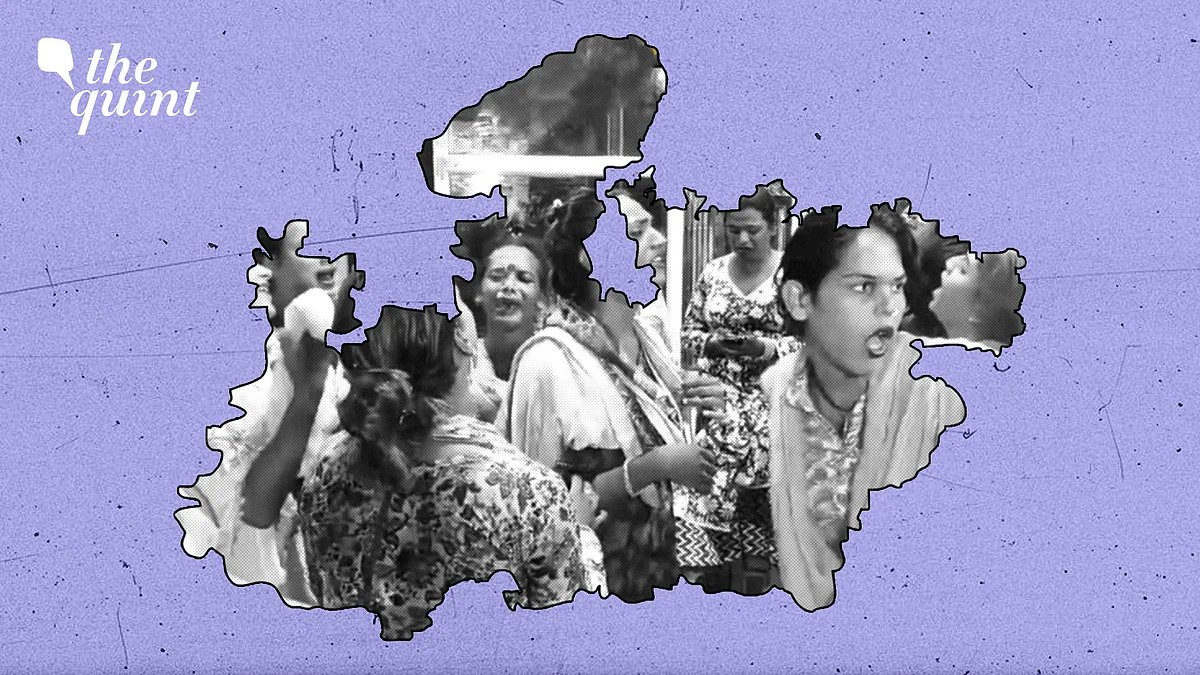Copyright timesofmalta

The saga of the unfulfilled promise to make what is now a multi-million donation to the Community Chest Fund has degenerated into a public embarrassment. The president is rejecting the promise, arguing it boils down to a bogus stunt, while the prime minister is insisting that – as we say in the vernacular – Malta should never refuse “grain”, or something to that “cry misery” effect. These are the positions of the good and the bad. Then, there’s the ugly: the Chinese firm behind the pledge has shifted to playing deadbeat. The soap-operatic elements are disturbingly entertaining, particularly witnessing the prime minister as he jettisons all sorts of ethical and dignity-related ballast in order to remain afloat on a sea of begging. The element which piqued my interest, however, is the constitutional dimension of this sad story. Why is the head of government publicly disagreeing with the head of state? It’s not just a matter of gravitas and respect for the institutions. It runs deeper. By choosing to contradict the president in public, the prime minister has resorted to ‘symbolic violence’. It is incontrovertible that the president will find it difficult, if at all possible, to respond in kind. President Myriam Spiteri Debono is a person of impeccable integrity; moreover, her office precludes her from joining the political fray. She must hold her silence. By criticising the president’s stance in public, the prime minister applied political pressure on an office that cannot partake in politics. In the Westminster model (to which Malta belongs), head of state and head of government cannot publicly disagree. In a Westminster-style polity, it is democratically healthy not only to allow but, more importantly, to encourage public debate, for the electorate to evaluate current issues and eventually decide how to vote come next elections. But the president does not run for office. No public debate can therefore be had with the president. Being above politics, the president has no opinion to offer to the electorate. Mark Sammut Sassi is a notary and an author.



